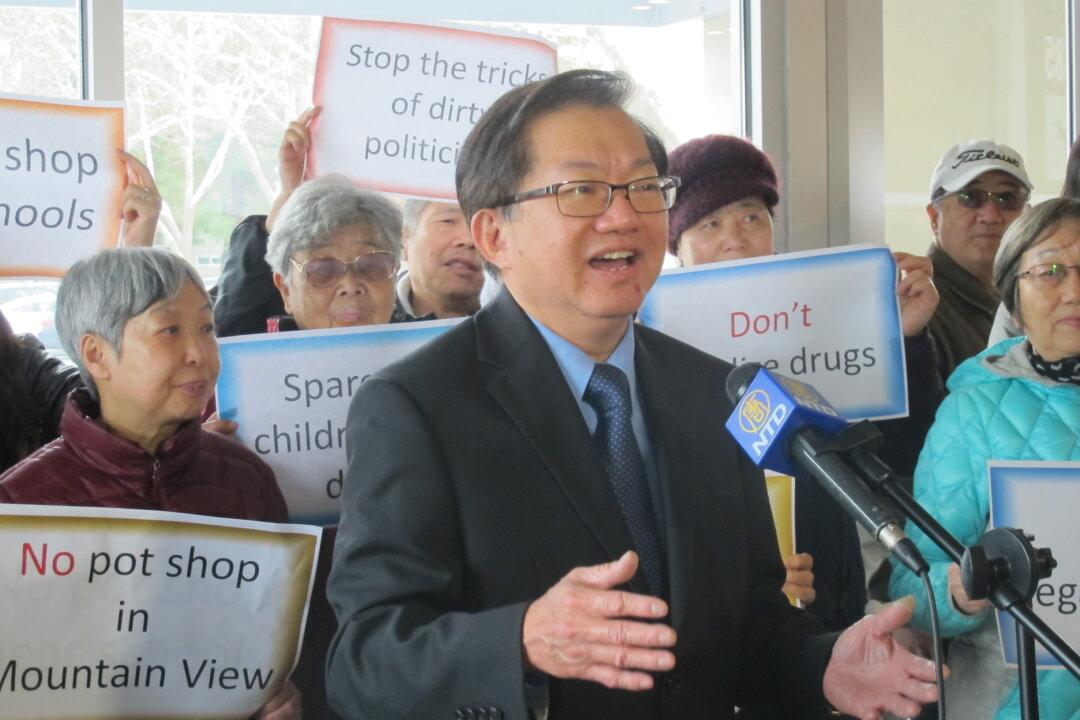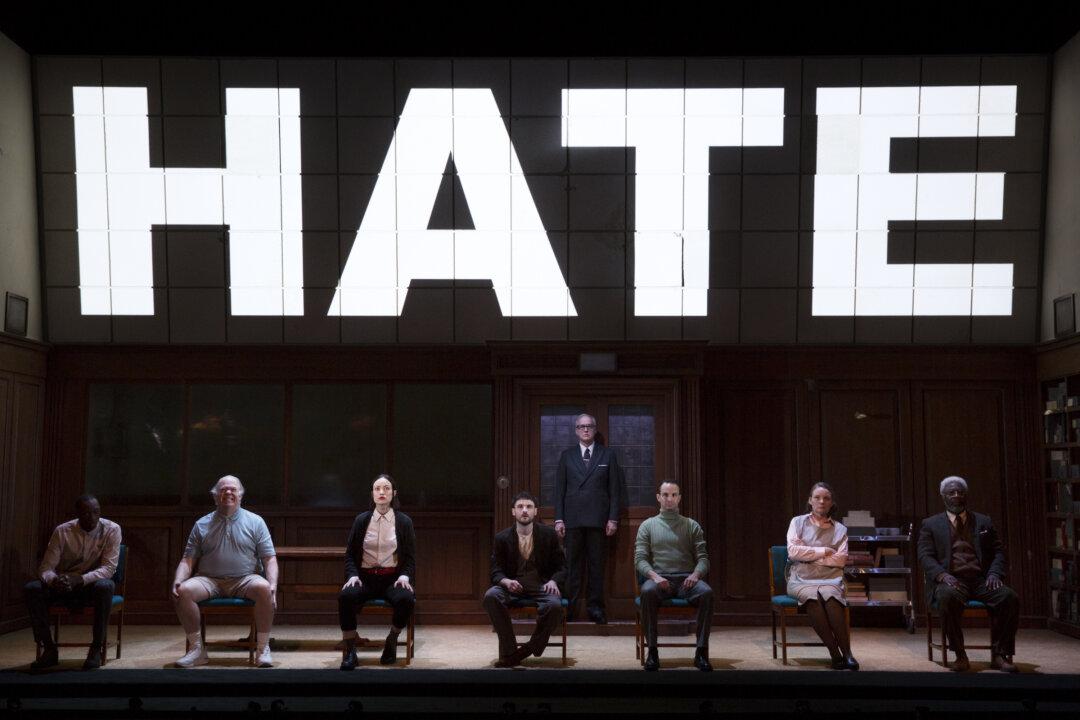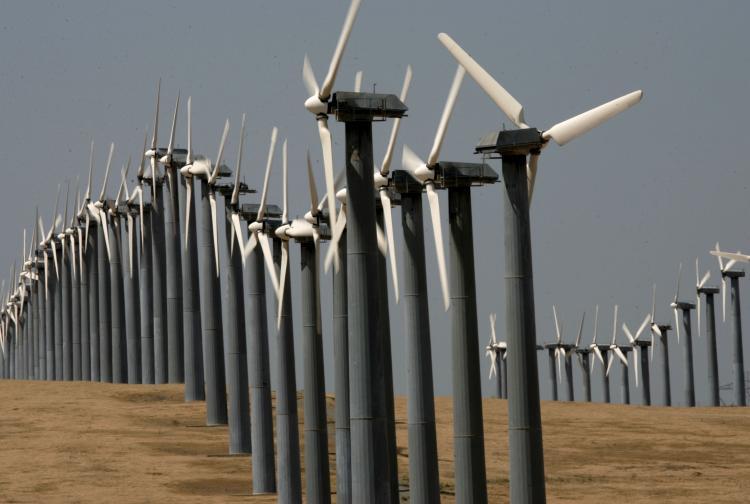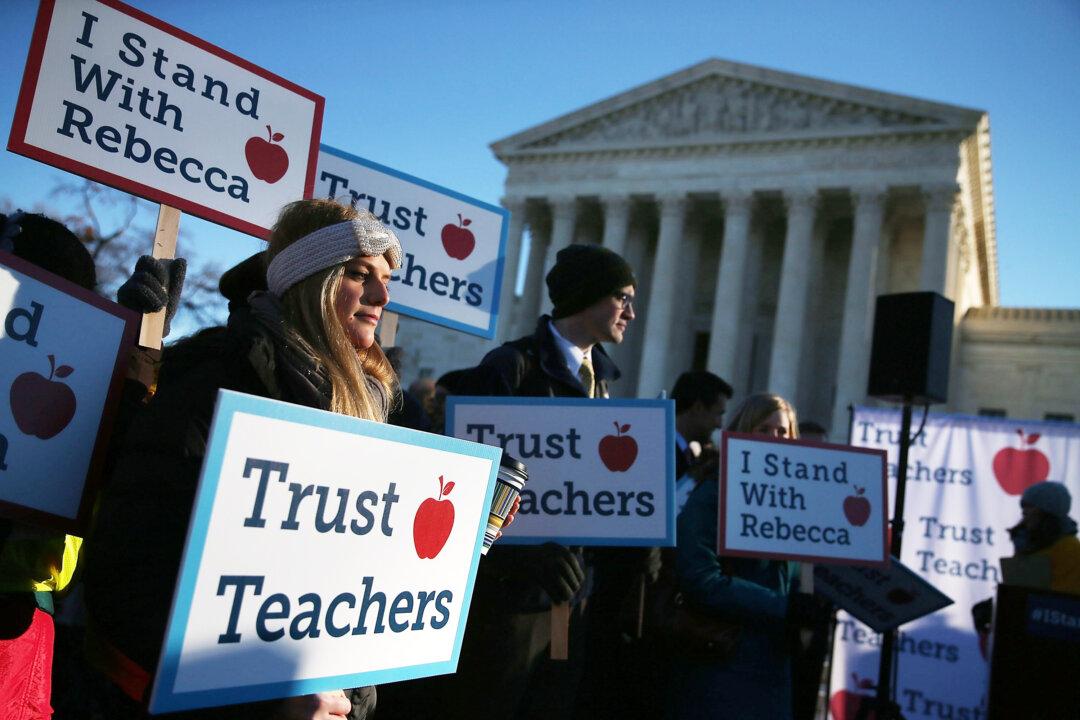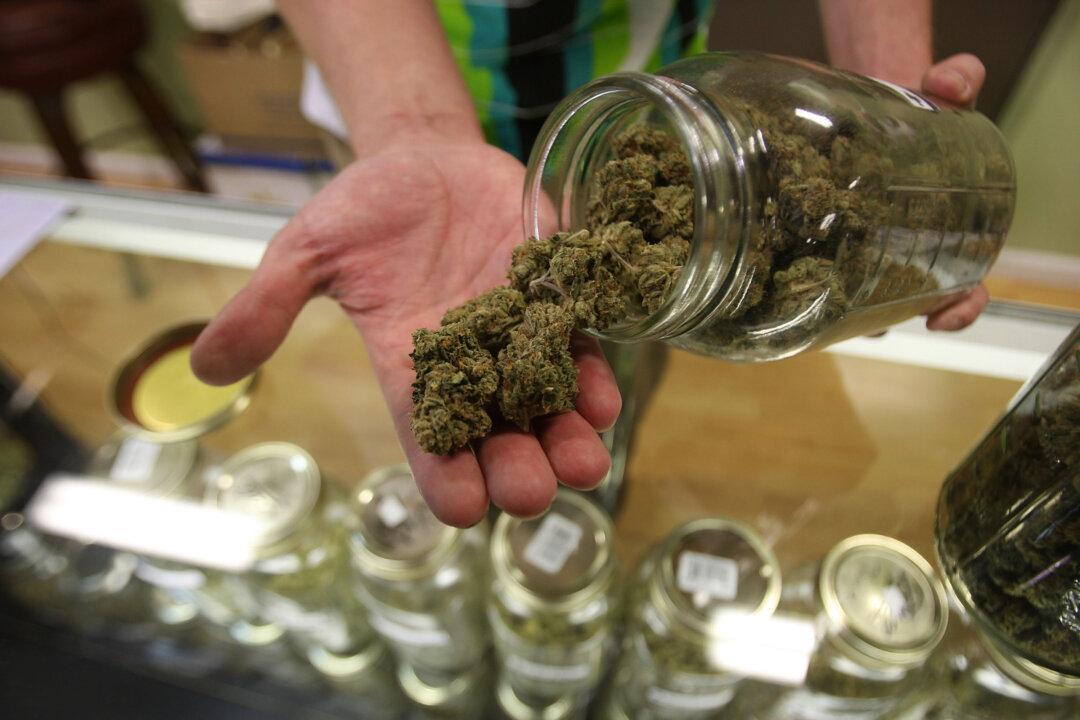A California bill allowing school districts to enable K-12 students to use medical marijuana on campus has passed the state legislature and is awaiting a decision by Governor Gavin Newsom.
The bill, SB-223, was introduced last year by state senator Jerry Hill, [D-San Mateo] and would allow a parent to administer medical marijuana to a child on school campus if that child has a medical marijuana license. Existing state law does not allow any kind of marijuana on a school campus.
